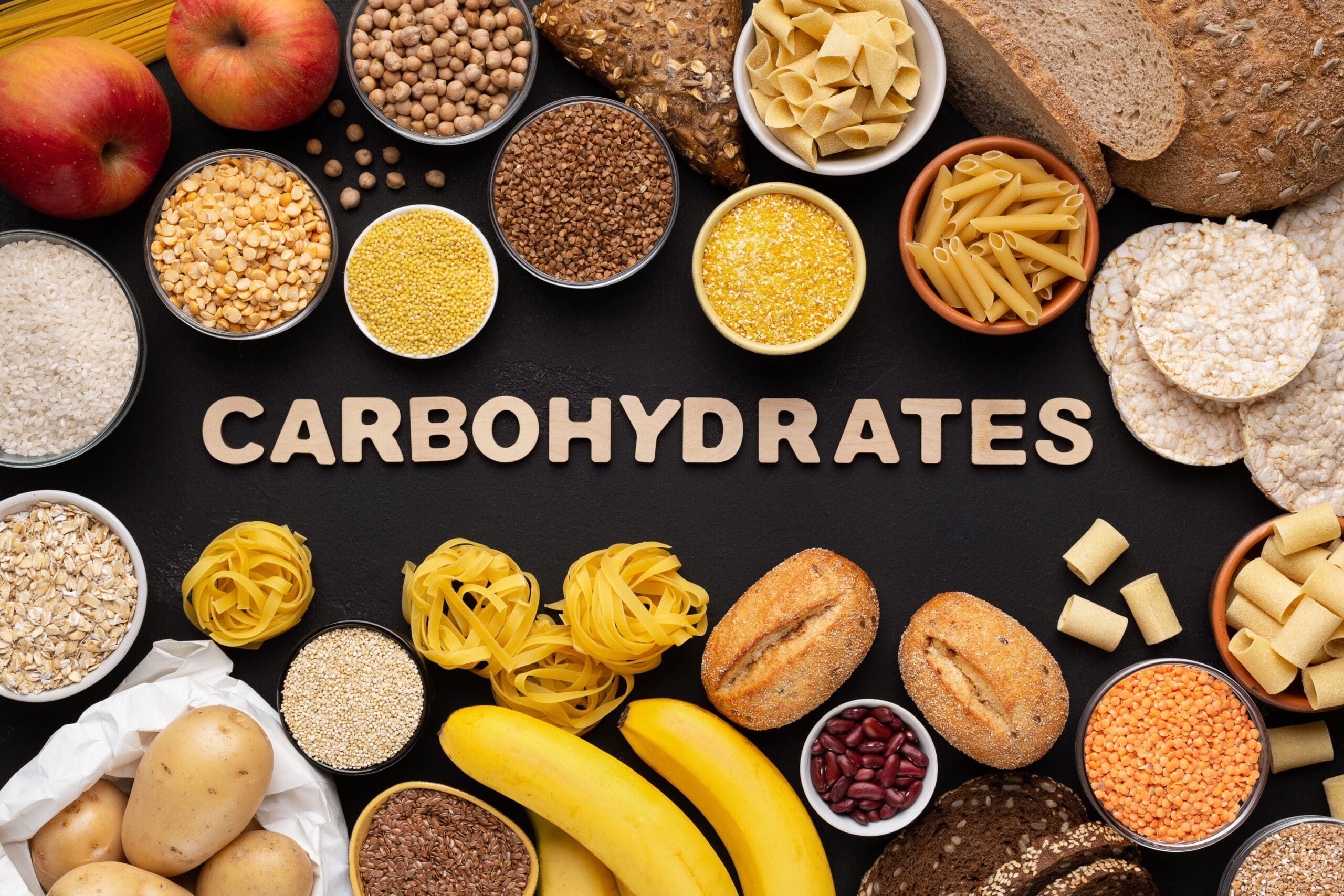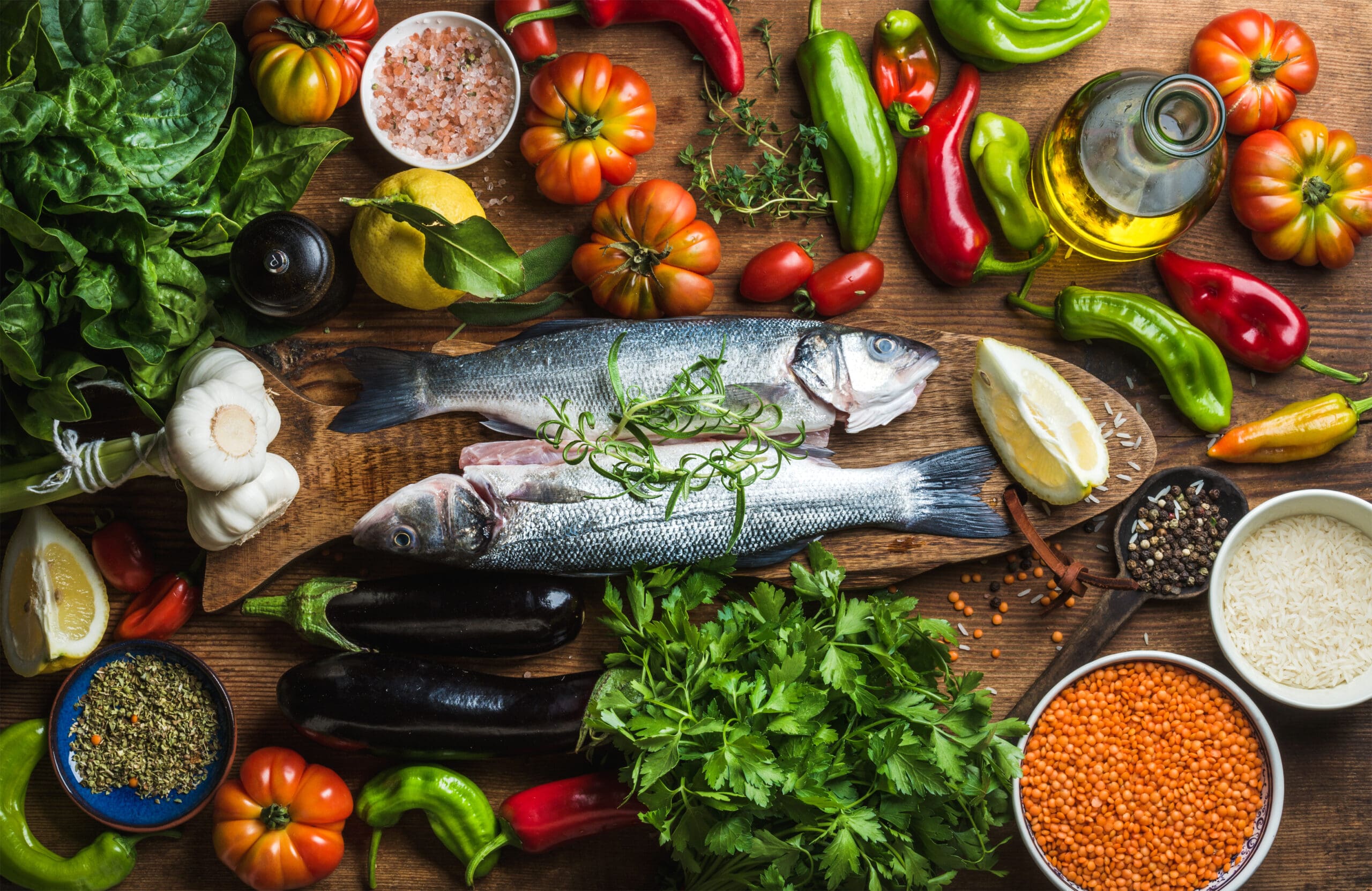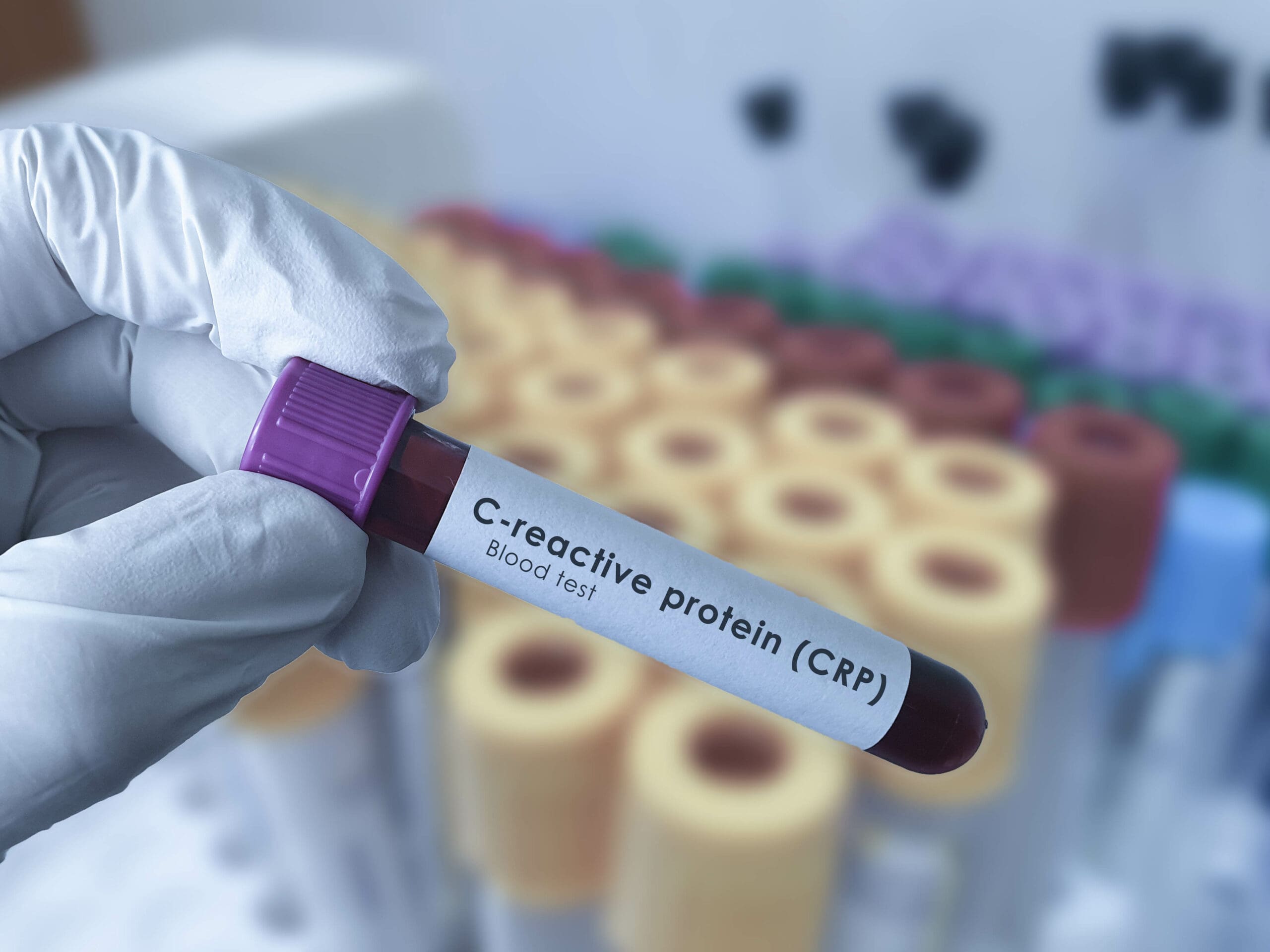Men with a large waist risk their health
By naturopath Margaret Jasinska
Being overweight raises the risk of cancer. A new study has found that waist circumference is a better predictor of risk than Body Mass Index (BMI) for men. Carrying excess fat on the torso is more dangerous than other parts of the body. This is because we have important organs around our abdomen. Fat here is called visceral fat. It produces inflammatory chemicals that increase the risk of cancer and other serious diseases.
A recent Swedish study assessed 339,190 individuals with an average age of 51.4 years. Cancer diagnoses were obtained from the Swedish Cancer Register.
Cancers attributed to obesity were defined by the International Agency for Research on Cancer and included the following types:
- oesophagus (adenocarcinoma)
- gastric (stomach)
- colorectal
- liver/bile duct cancer
- breast
- endometrium (uterine lining)
- meningioma (cancer of the membranes around the brain and spinal cord)
- thyroid
- multiple myeloma
The study participants were followed up for 14 years. In that time 18,185 obesity related cancers were diagnosed.
In men, a waist circumference increase of 11 cm was associated with a 25 percent higher risk of developing obesity related cancer. In contrast, a BMI increase of 3.7 kg/m2 corresponded to a 19 percent increased risk.
Among women who participated in the study, the associations between waist circumference and BMI with cancer were weaker and similar to each other. This is probably because some men can have a higher BMI due to a lot of muscle on their body, which is heavy. In women, a high BMI almost always means they have a large waist as well, which also raises their cancer risk.
What is a healthy waist circumference?
94 cm (37 inches) or less for men
80 cm (31.5 inches) or less for women
A waist circumference above these values is associated with increased health risks, including cancer.
A large waist usually means insulin resistance
Insulin is an important and necessary hormone in the human body. The problem is a lot of people make too much of it. That’s known as hyperinsulinaemia and insulin resistance. Recent research has shown that most cancer cells have far more insulin receptors than healthy cells. This enables glucose to bind to the cancerous cells and speed their growth.
Insulin is a growth-promoting hormone. Your blood level of insulin spikes during childhood and puberty, when your body needs to grow rapidly. As an adult, you don’t require high levels of insulin unless you are pregnant. Excess insulin can encourage the growth of tumours, fibroids, nodules, polyps, cysts, acne, as well as excess body fat.
Tips for losing weight from your waist

Limit your intake of carbohydrate
Many people cannot handle common levels of carbohydrate in their diet. They over-secrete insulin in response to eating carbs and they are less likely to feel satisfied after a meal, therefore tend to overeat. That means carbohydrate needs to be restricted in the diet. It is best to get your carbohydrate from vegetables, along with small amounts of fruit, nuts, and seeds. Eating too much carbohydrate is the number one cause of fatty liver. People with a fatty liver hold excess weight around their torso. Dr Cabot’s book Fatty Liver: You Can Reverse It describes how to do just that.

Base your diet on protein, vegetables and natural fats
Protein is the most important nutrient for those wanting to reduce their blood insulin level. It is critical to eat protein at every meal because it is extremely satiating. Protein, along with fat will help to make you feel fuller and more satisfied after a meal, and keep you feeling satisfied for longer. This way sticking to a healthy diet won’t be so much of a struggle. Examples of protein include eggs, seafood, poultry, and red meat. I recommend you choose fatty cuts of protein rather than lean cuts because lean protein can trigger excess insulin secretion. Dairy products, nuts, and seeds contain smaller levels of protein. Protein powders can be extremely helpful for those wanting to lose weight because they provide a quick, tasty and easy meal option for busy days. A protein powder smoothie can also make a delicious and filling snack mid-morning or in the afternoon, when you might be struggling with sugar cravings.

Try to avoid snacking
It is best to eat 2 or 3 meals and avoid snacking. Fasting helps to lower blood insulin levels and it has many other health benefits. Fasting isn’t appropriate for everyone though. Fasting between meals will give you similar benefits.

Exercise reduces excess insulin
Ideally, you would do something you like and do it consistently. The more muscle you have on your body, the more insulin sensitive your cells will be; thus your blood level of this hormone should drop.

Reduce inflammation in your body
Ask your doctor for a blood test for C reactive protein and Erythrocyte Sedimentation Rate. It indicates how much inflammation is occurring in your body. The majority of our patients have excess levels. Reducing sugar, gluten, alcohol and processed foods in your diet should help.









Leave A Comment